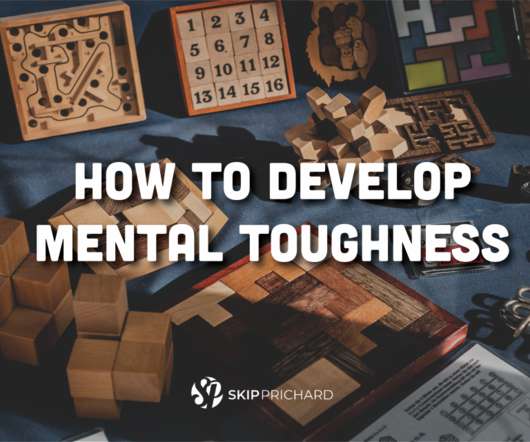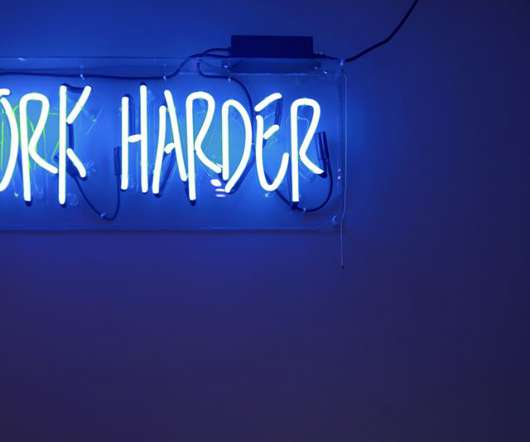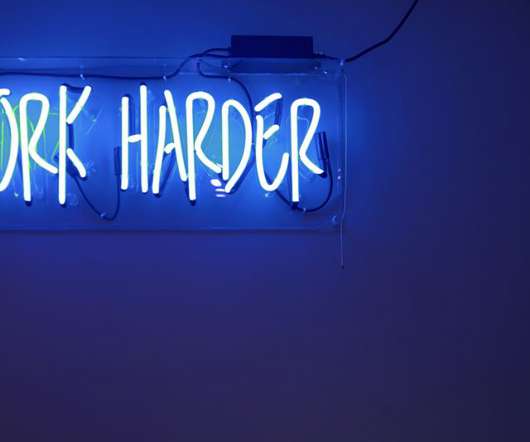Expectancy Theory Of Motivation In The Workplace: What Motivates Employees?
Niagara Institute
MAY 11, 2024
One theory that explains employee motivation, which leads to more engagement in teamwork and enhances overall productivity, is Vroom's Expectancy Theory of Motivation. In fact, a study by the Hay Group foun d that engaged employees can generate 43% more revenue.




















Let's personalize your content